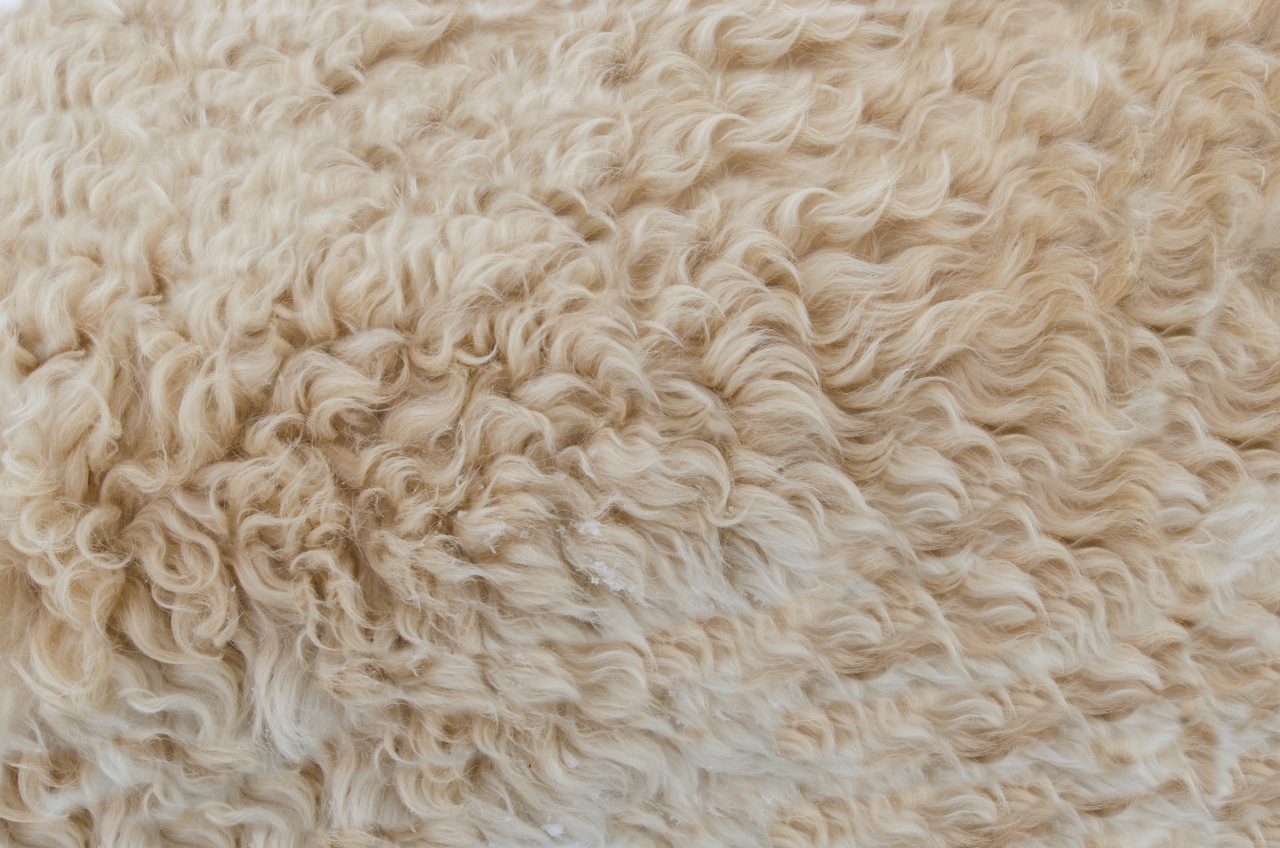Having dry skin is a common condition that affects many people. While in most cases there is no underlying medical condition causing dry skin, there are certain medical conditions that can contribute to its development.
In this article, we will explore the link between dry skin and medical conditions.
What Causes Dry Skin?
Dry skin occurs when your skin doesn’t retain enough moisture. This can happen for several reasons:.
- Weather: Low humidity and cold temperatures can cause your skin to dry out.
- Hot Showers: Hot showers or baths can strip your skin of its natural oils, causing it to become dry and irritated.
- Harsh Soaps: Using harsh soaps or detergents on your skin can strip it of its natural oils.
- Aging: As we age, our skin becomes thinner, and it produces less oil.
Medical Conditions Linked to Dry Skin
While most cases of dry skin are not linked to any medical condition, there are some medical conditions that can contribute to its development. These include:.
1. Eczema
Eczema is a chronic skin condition that causes inflammation and itching. It is often seen in people with dry skin, and it can cause the skin to become even drier.
People with eczema have a defect in their skin’s natural barrier, which makes it easier for moisture to escape, leading to dry, itchy skin. Eczema is often treated with topical creams and ointments that help to hydrate and soothe the skin.
2. Psoriasis
Psoriasis is a chronic skin condition that causes the skin cells to grow too quickly, resulting in thick, scaly patches of skin.
Psoriasis can cause the skin to become dry and itchy, and it is often treated with topical creams and ointments that help to hydrate and soothe the skin.
3. Hypothyroidism
Hypothyroidism is a condition in which the thyroid gland does not produce enough thyroid hormone. Dry skin is a common symptom of hypothyroidism, along with fatigue, weight gain, hair loss, and sensitivity to cold.
4. Diabetes
Diabetes is a condition that affects the way your body converts food into energy. People with diabetes are more susceptible to dry skin because high blood sugar levels can cause the skin to lose moisture.
In addition, people with diabetes are more prone to skin infections, which can cause the skin to become dry and itchy.
5. Sjogren’s Syndrome
Sjogren’s syndrome is an autoimmune disorder that affects the body’s moisture-producing glands, leading to dry eyes and dry mouth. In some cases, Sjogren’s syndrome can also cause dry skin.
6. Ichthyosis Vulgaris
Ichthyosis vulgaris is a condition that causes dry, scaly skin. It is often inherited and can be caused by a defect in the gene that controls the production of a certain protein that helps to keep the skin moisturized.
Conclusion
Dry skin is a common condition that affects many people. While most cases of dry skin are not linked to any underlying medical condition, there are certain medical conditions that can contribute to its development.
If you are experiencing dry skin, it is important to talk to your healthcare provider to rule out any underlying medical conditions and to develop a treatment plan that works for you.






























